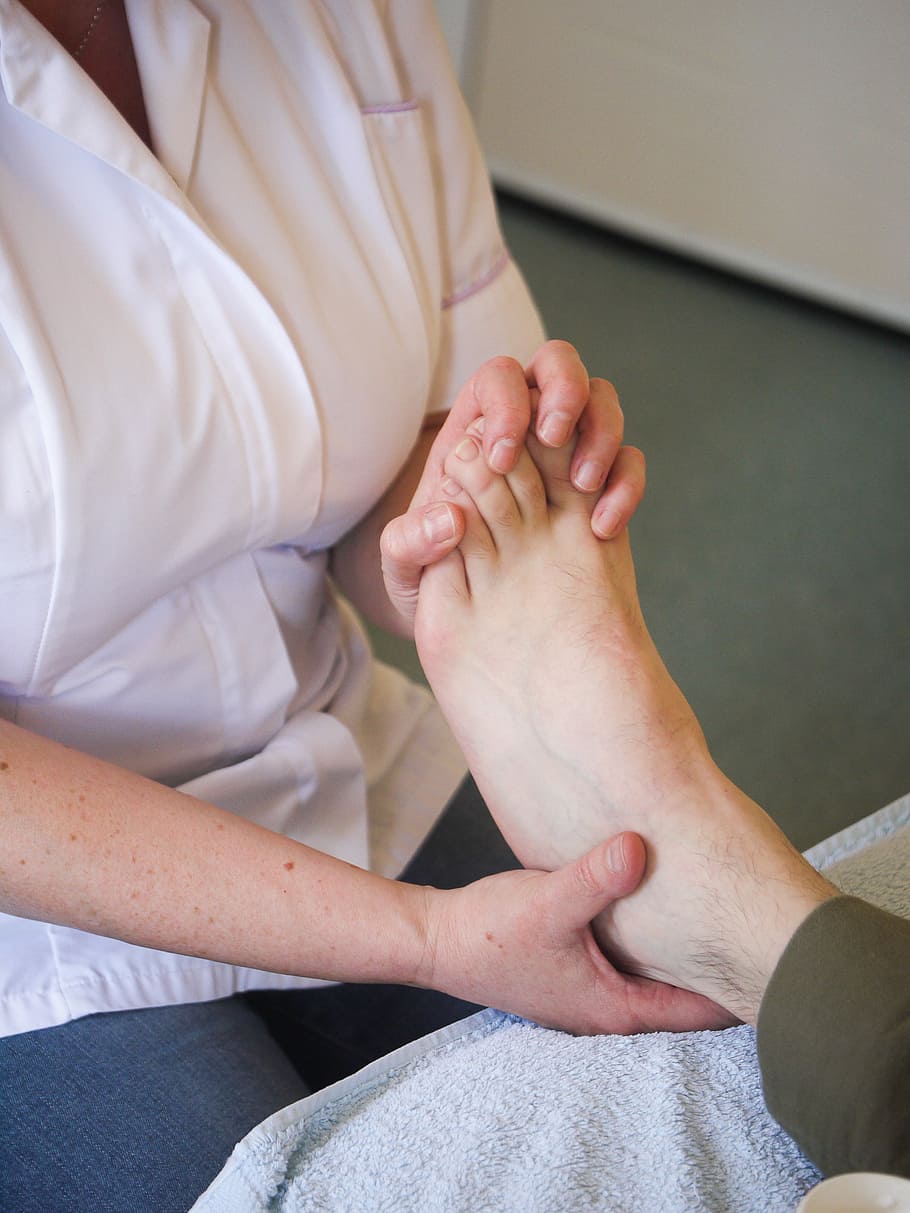Thailand Drug Rehab On A Budget: Six Tips From The Great Depression
페이지 정보

본문
 Introduction
IntroductionAlcohol detox is an important procedure in journey of data recovery for people experiencing liquor addiction. It aims to get rid of toxins through the human body while handling withdrawal symptoms. This report explores the value of liquor detoxification, the outward symptoms experienced during detoxification, as well as the practices employed to make sure a secure and efficient cleansing process.
 Importance of Alcohol Detoxification
Importance of Alcohol DetoxificationLiquor cleansing plays a crucial part in addiction rehab Thailand recovery as a result of physical and mental dependence that develops as time passes. Chronic alcoholic abuse contributes to changes in brain biochemistry, resulting in withdrawal signs whenever alcohol consumption is ceased. These signs include tremors, anxiety, sleeplessness, nausea, plus seizures. By undergoing detoxification, individuals can get over the immediate physical outcomes of liquor withdrawal, setting the stage for further therapy and lasting data recovery.
Symptoms Experienced During Alcohol Detoxification
During alcoholic beverages detox, individuals may go through many withdrawal signs that will vary in seriousness. Minor signs can include trembling, perspiring, and headaches, while worse situations can involve hallucinations, delirium, and seizures. The intensity and duration of those signs depend on numerous aspects, including the quantity and length of time of alcoholic abuse, individual health problems, and previous detox experiences. It is important to note that these symptoms could be life-threatening, highlighting the requirement of health-related guidance during the detoxification procedure.
Methods of Alcohol Detox
You will find different ways and options readily available for liquor detox, that can be classified into outpatient, inpatient, and hospital-based detox facilities. Outpatient detox programs provide mobility, allowing individuals to obtain treatment while residing in the home. However, they are usually recommended for people with moderate withdrawal symptoms and a powerful support system. Inpatient cleansing programs supply a controlled environment with 24/7 health care, making sure instant focus on any complications that'll arise. Hospital-based cleansing, on the other hand, works for people with severe detachment symptoms, requiring a higher standard of medical intervention.
During cleansing, health specialists may provide medicines to ease withdrawal signs and reduce discomfort. Medications like benzodiazepines, anticonvulsants, and anti-anxiety drugs are generally accustomed manage withdrawal signs effortlessly. Also, doctors monitor essential signs, offer counseling solutions, and implement a thorough treatment plan to deal with the root reasons for alcohol addiction.
Conclusion
Alcohol detoxification is a critical step towards data recovery, aiding people in handling withdrawal symptoms and reducing the threat of problems. It gives a safe and monitored environment for individuals to get rid of toxins from their health and makes all of them for additional treatment modalities. But is vital to identify that detoxification alone just isn't an entire answer but alternatively the original phase of a comprehensive plan for treatment. After detox, people ought to be motivated to engage in counseling, therapy, and organizations to address the emotional and social facets of alcoholic beverages addiction. By recognizing the value of liquor detoxification and providing comprehensive care, medical professionals can offer people experiencing alcohol addiction a greater possibility at lasting data recovery.

- 이전글Ten Ways to Guard Against Drug Rehab Thailand 23.12.15
- 다음글Using Rehab Center Thailand 23.12.15
댓글목록
등록된 댓글이 없습니다.
